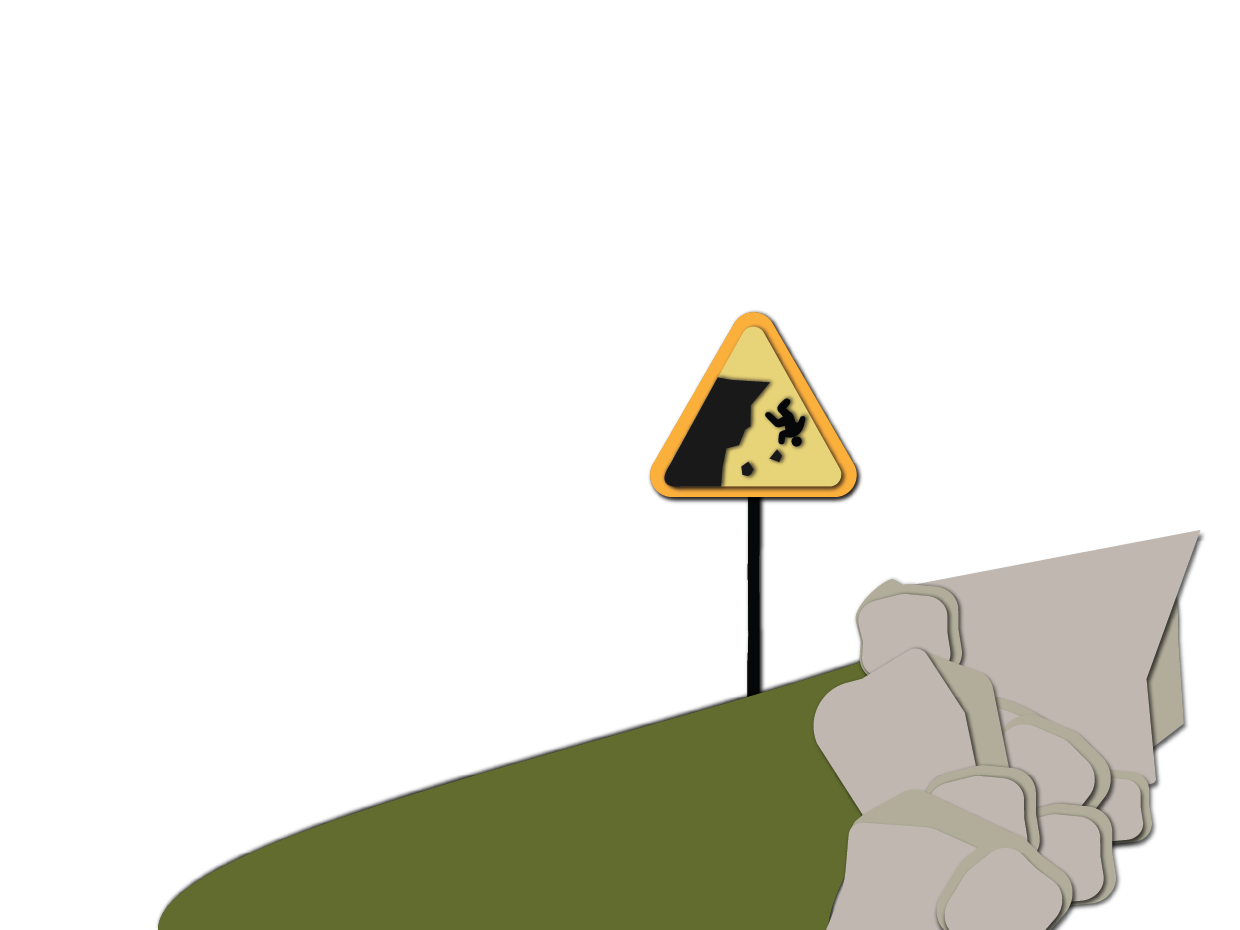Investment scams are often pulled off by a team of people who set up a makeshift office, called a “boiler room”. To convince you their company is real, they might send you to the company’s website, which looks very professional. Find out more about these scams.
On this page you’ll find
What is a boiler room scam?
Fraudsters will often “cold call” people by telephone. They may use high pressure sales tactics to encourage you to invest in a private company that is about to be listed on a major stock exchange. They use false or misleading information and try to convince you that now is the best time to invest because the company is about to “go public” and you can make a lot of money if you get in now.
In some cases, the securities they are selling may seem “real” because they say that the companies are selling them outside typical channels where most retail investors buy investments such as banks or investment firms.
In either case mentioned above, a fraudster calling from a boiler room, will be calling you about a fake company. By the time you realize the company doesn’t exist, you will have lost your money. If you call back, shortly after you have given them money, and try to back out of the transaction, they may bully you and convince you why you should keep your “investment”. Of course, you may not be able to contact them again at all. The fraudster will close shop and you won’t be able to reach them.
Typically, the salespeople calling you from a boiler room are not qualified to work in the securities industry in Canada. They can be very convincing, and often times, good actors. They might try to tell you that they are licensed in other countries or try to impress you with the wealth they say they have attained themselves. They may also share your phone number with other fraudsters. This may cause you to be on a list and susceptible to another scam called “double-dip” or recovery room scam, where you are targeted by a second fraudster. The second fraudster may even claim to help you recover your money from the first fraud if you pay them a fee, but this is a scam as well.
How to avoid boiler room scams
There are a few steps you can take to avoid a boiler room scam:
1. Check before you invest
One of the best ways to avoid investment fraud is to make sure that any person offering you an investment or investing advice is registered to do so. In general, anyone selling securities or offering investment advice must be registered with their local securities regulator. Checking registration is quick and easy, visit CheckBeforeYouInvest.ca for more information.
2. Get a second opinion
Be skeptical of unsolicited investment opportunities that you might receive over the phone, online or from acquaintances. Before you invest, call the Ontario Securities Commission or get a second opinion from someone you’ve confirmed is a registered advisor. You may also want to consult a lawyer or an accountant.
3. Take the time you need
Be suspicious of limited-time offers and high-pressure salespeople. You should never feel pressured to buy an investment on the spot. Take the time you need to make an informed decision.
4. Research the investment
Before you make any investment, understand how it works and the risks and fees associated with it. Don’t be afraid to ask questions and make sure that it fits with your financial goals.
5. Report investment fraud
Victims often don’t report investment fraud for fear of embarrassment. Not reporting what happened, can leave others vulnerable to the same scam.
How to report fraud
If you suspect that you have been approached by a fraudster or that you may have been a victim of a scam, please contact us immediately.
- Local (Toronto): 416-593-8314
- Toll-free (North America): 1-877-785-1555
- Email: inquiries@osc.gov.on.ca
Summary
Boiler room scams are investment scams pulled off by a team of people with a make-shift office, they’ll often “cold call” people and use high pressure sales tactics to buy investments. To avoid falling victim to boiler room scams, you should:
- Check before you invest – anyone offering you an investment or investing advice must be registered with their local securities regulator.
- Ask for a second opinion with a registered advisor, the Ontario Securities Commission and consider consulting a lawyer or accountant.
- Take as much time as you need to make an informed decision – you shouldn’t feel pressured to buy investments.
- Research the investment and understand its risks and fees.
- Report investment fraud if you suspect you’ve been approached by a fraudster.
